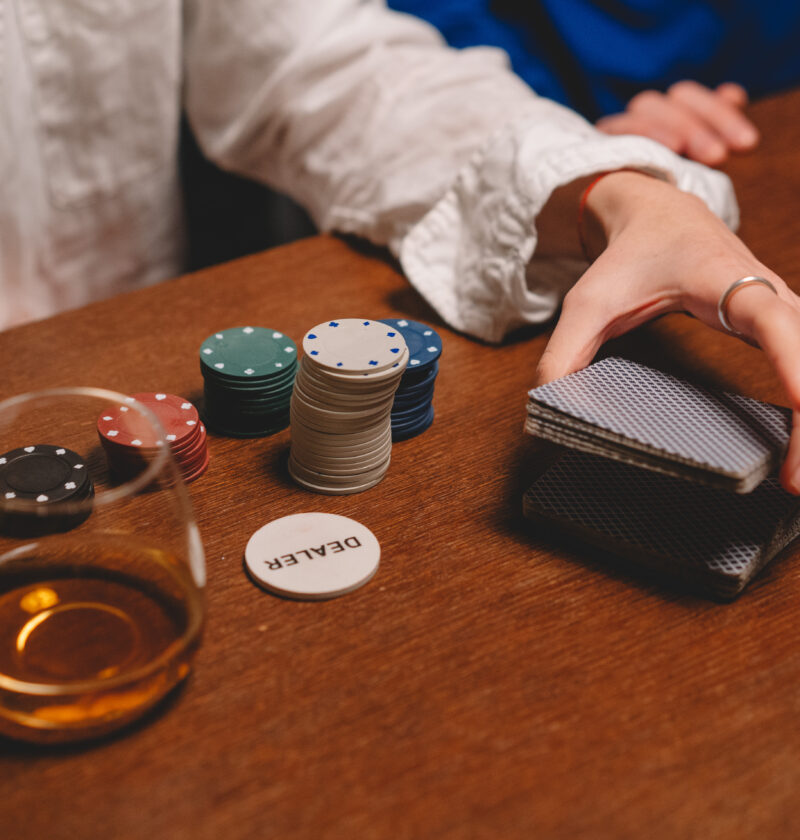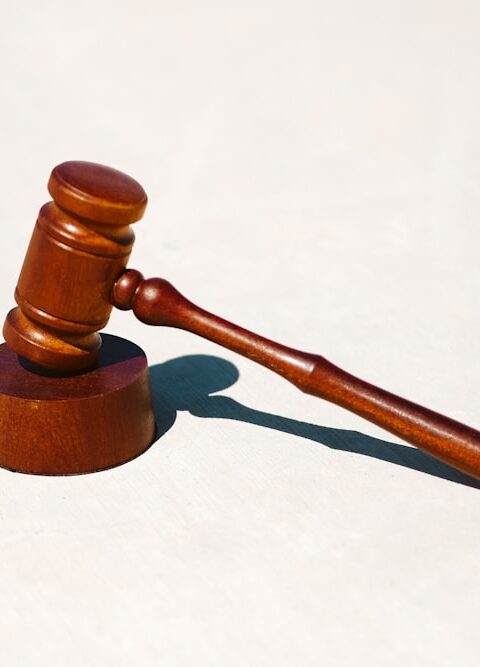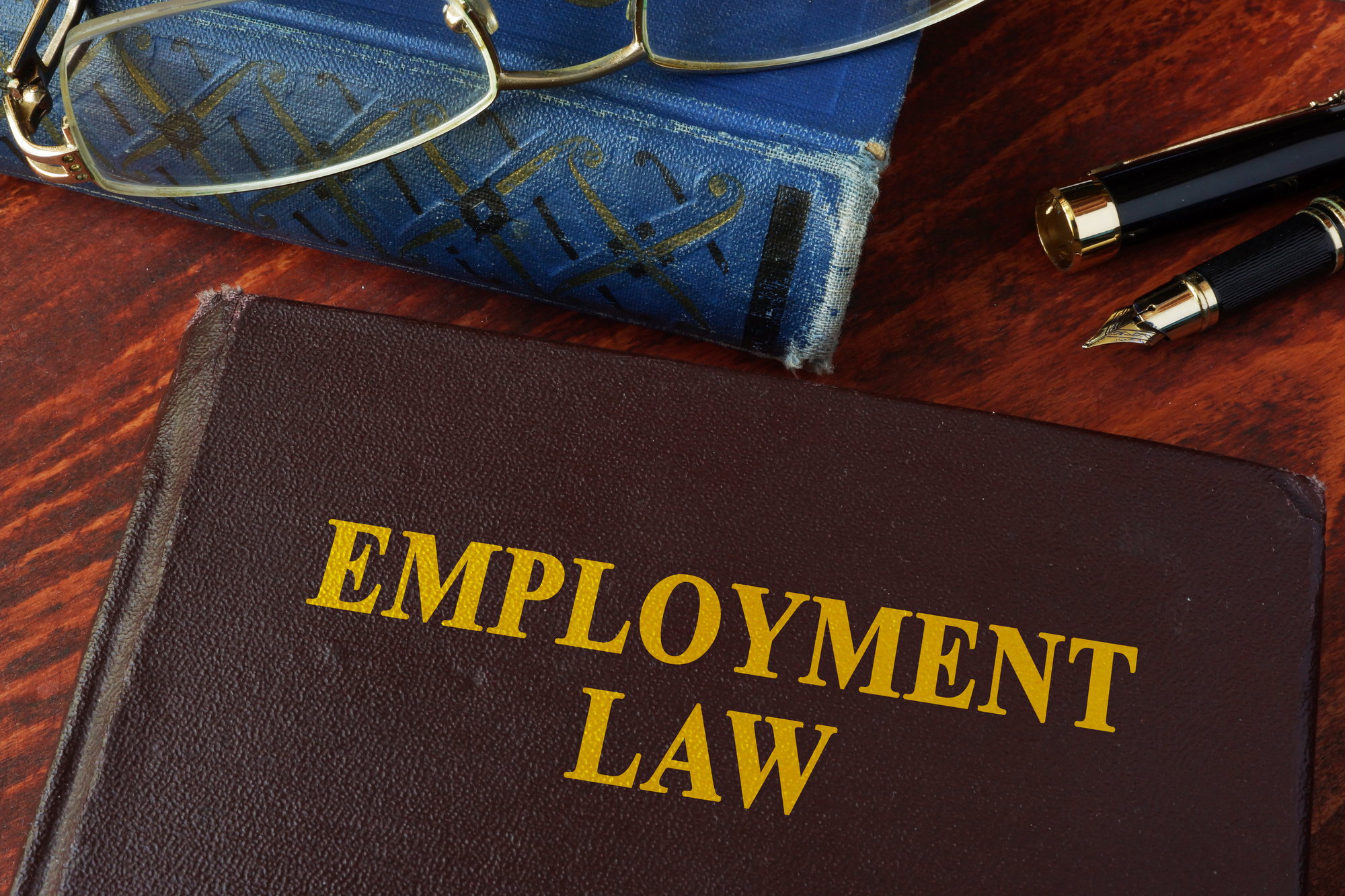This October 2022, an investigation in Australia uncovered billions in dirty cash inside poker machines in NSW pubs and clubs. Here, serious offenders were able to sit down next to patrons in gaming rooms to openly feed sums of cash into poker machines with no real fear of detection.
This incident has highlighted the drastic need for improved legislation and regulations across the global gaming industry. In 2022, Australia has a general prohibition in all jurisdictions on the conduct and promotion of gambling, with legislative exemptions for those conducted under a license. How are other countries faring? Keep reading to find out.
Universal struggles in regulating poker
On the other side of the world, the USA is cracking down an estimated $300 billion illegal gambling market. This market includes illegal websites and unregulated slot machines in over 43 properties spanning Pennsylvania and 19 other states. The CEO of the AGA says that taking on this illegal market will be among the top three initiatives for the industry over the next 12 months.
The other initiatives include an embrace of a digital future through iGaming expansion. Current legislation on poker in the USA licenses live poker in more than half of the states. However, only a few have specifically legalized state-licensed internet poker so far. These states include Pennsylvania, Nevada, New Jersey, and four other states.
Among them, only a few have signed the MSIGA, which allows poker sites open in more than one state to link their sites across state lines. These types of agreements are crucial in regulating online gaming, which can help governments pull in sustainable gaming tax revenue. Many other countries, like Germany with The State Treaty on Gaming 2021 (GlüStV), have endeavored to legalize online gaming through similar agreements.
This is especially important after the gaming industry suffered severe drops in revenue in 2020, which proved life-threatening to gaming capitals whose economies are dependent on the industry. See Macau, whose six existing operators were quick to submit applications to re-bid for long-term licenses after travel restrictions lightened.
While Las Vegas has enjoyed a robust recovery, Macau expects a multi-year path to gaming recovery — only aggravated by the fresh restrictions imposed on junket groups — and is thus looking for means to legally streamline this growth.
Advances in poker legislation
A key development in poker legislation is the adoption of cryptocurrency. Because Bitcoin isn’t purchased from a bank and provides immutable confirmation of ownership, many posit that cryptocurrency may be the key to legalizing poker.
Virtual coin is currently the main form of funds in some online gaming sites like Americas Cardroom, and other countries and territories like Macau are already beginning to embrace digital currency as the legal tender in gaming tables.
Macau citizens have also been advised to keep up with the metaverse development trends as Monaco has. Monaco’s land-based casinos are regulated and overseen by the Gambling Authority, but online gaming isn’t. Crypto adoption and the metaverse have allowed poker enthusiasts around the world to enjoy the sport without being held back by any form of legal tender.
These new ways to enjoy poker legally are a great step towards global accessibility. However, the increase in modes of gameplay and payment methods should also serve as a reminder to properly manage your finances. From using rewards membership cards to turning to the Internet for deals, there are many ways we can responsibly save and spend our money so that we can continue to enjoy poker and other forms of entertainment to the fullest.







